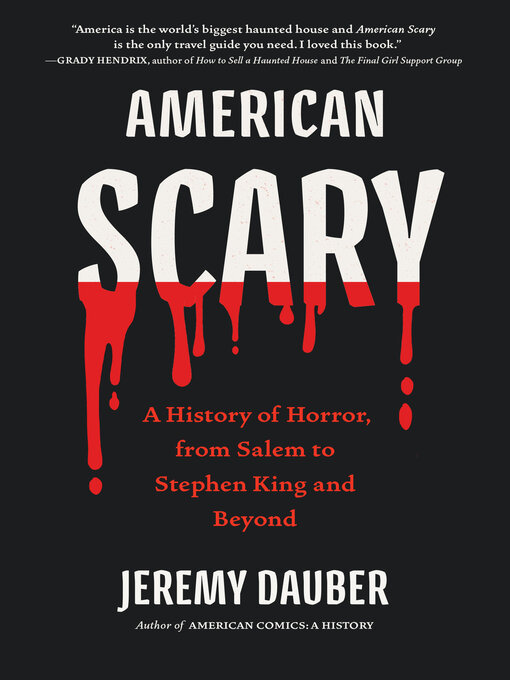- Available now
- New eBook additions
- New kids additions
- New teen additions
- Most popular
- Lucky Day Reads
- Always Available
- See all ebooks collections
- Available now
- New audiobook additions
- New kids additions
- New teen additions
- Most popular
- Lucky Day Audio
- Always Available
- Just Relax and Listen...
- See all audiobooks collections
- News & Politics
- Celebrity
- Entertainment
- Cooking & Food
- Home & Garden
- Tech & Gaming
- Travel & Outdoors
- Fashion
- Business & Finance
- Hobbies & Crafts
- Just Added
- See all magazines collections


